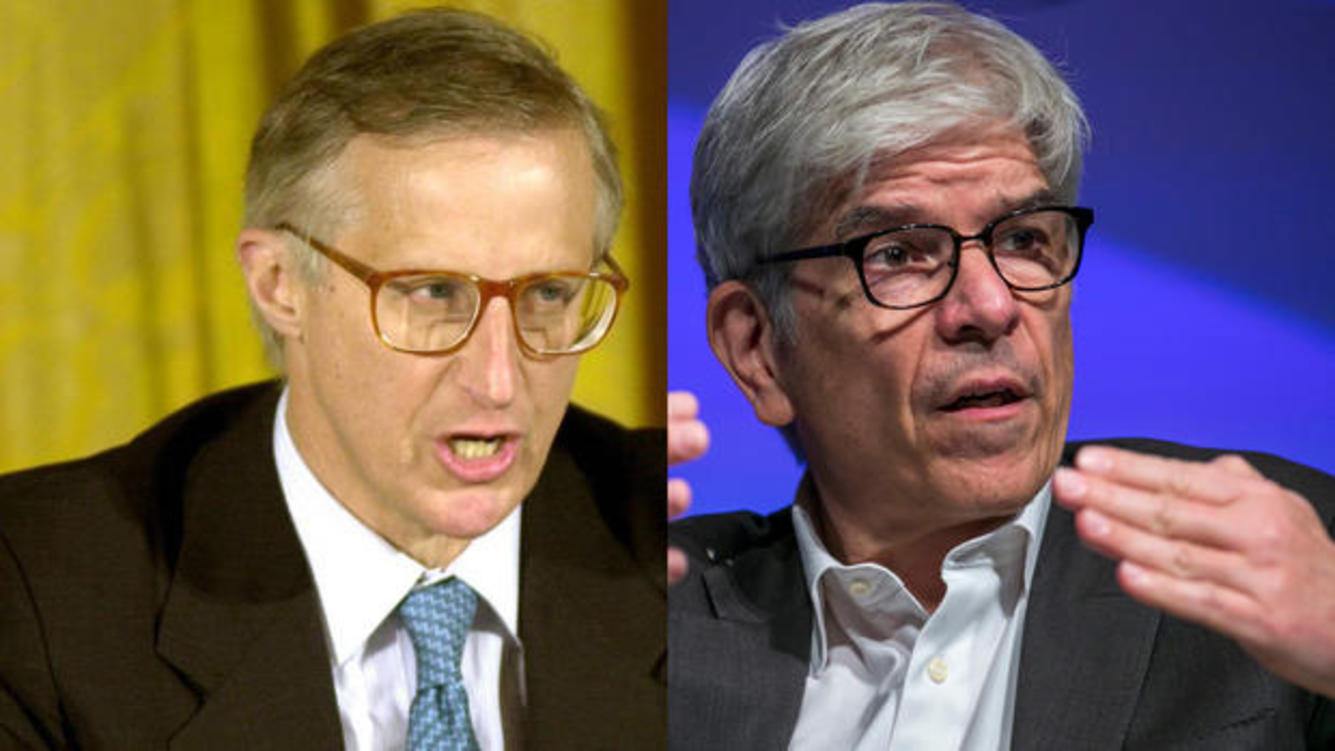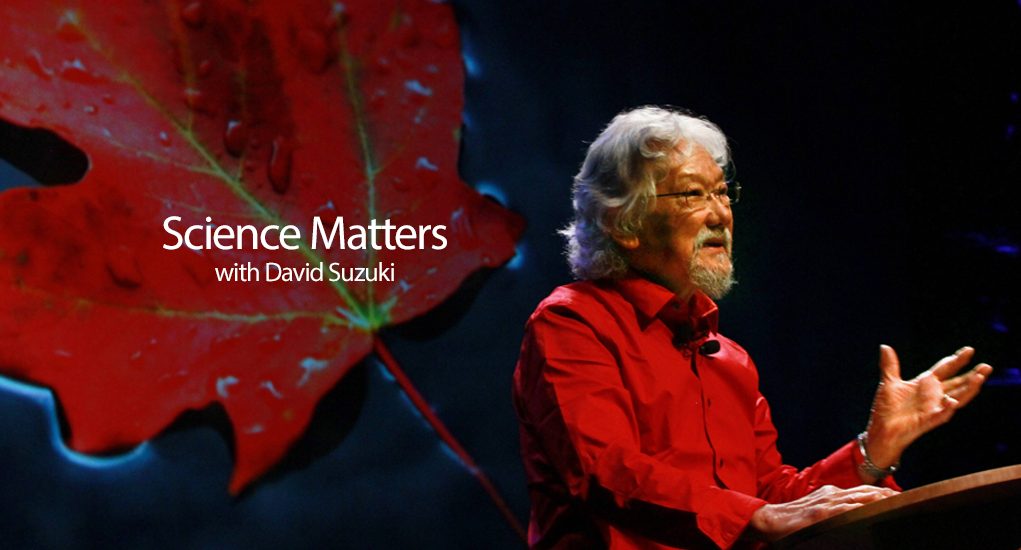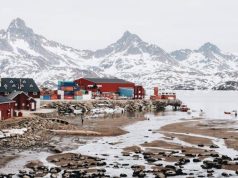Economists’ Nobel puts spotlight on climate solutions
By David Suzuki
As the U.S. administration denies or downplays climate science, some more sensible Americans have been rewarded for developing climate solutions.
Economists William Nordhaus and Paul Romer recently won the Nobel Prize in economics for their work on, respectively, “integrating climate change into long-run macroeconomic analysis” and “integrating technological innovations into long-run macroeconomic analysis.”

The award is not without controversy, but it’s telling that such a prestigious honour went to people who offer pragmatic tools for action on an urgent crisis their government refuses to even acknowledge.
Yale University professor Nordhaus developed a crude model in the 1970s to explore how economic activity affects the climate system and the role policy might play in solutions. He used it to demonstrate that putting a price on carbon pollution would be an efficient tool for reducing emissions without harming the economy. Romer, a New York University professor and World Bank chief economist and senior vice-president until January 2018, argues policies that foster education and innovation and encourage firms to develop new ideas can spur economic growth and novel solutions.
Therein lies the controversy. Both are mainstream economists who believe economic growth is the ultimate goal of society, and both have used models ill-suited to understanding how growth affects the environment. Nordhaus has been criticized for failing to understand the model used in the Club of Rome’s influential 1972 report The Limits to Growth, and dismissing it based on his misunderstanding.
Many economists and others argue that economic growth is a poor way to measure a society’s progress and that it contributes to issues like climate change. “I would say [this prize] is the last hurrah of a certain old guard of the economics profession that want to preserve the idea of growth at all costs,” Julia Steinberger, ecological economist at the U.K.’s University of Leeds, told Science magazine.
Still, there’s no denying Nordhaus and Romer’s influence on climate policy and economics. Nordhaus’s carbon pricing work is solid and has convinced many jurisdictions to adopt it.
And Romer’s evaluation of possibilities is refreshing. “People think protecting the environment will be so costly and so hard that they want to ignore the problem and pretend it doesn’t exist,” he said after the Nobel announcement. “Once we start to try to reduce carbon emissions, we’ll be surprised that it wasn’t as hard as we anticipated.”
Rather than time-wasting arguments with people who reject climate science or humanity’s role, these are the kinds of debates we should be having. Our economic system poses significant challenges around global warming. Some think it will take nothing less than overturning capitalism to address the crisis, while others believe capitalism facilitates the kind of innovation and change that can get us out of our mess. In between, economists and thinkers have proposed many ways of measuring progress and developing economic systems that are compatible with sustainable societies.
Former World Bank economist Herman Daly launched a whole new research program in ecological economics with his proposal for “steady state economics.” Kate Raworth’s ideas about “doughnut economics” show how human well-being can be achieved within planetary boundaries. Most economists following their lead agree that a healthy climate requires us to move to a post-growth economy with well-being rather than increasing material wealth as the goal.
Nordhaus and Romer are speaking to conventional audiences, but at least they’re speaking with conviction that humanity faces a crisis that must be resolved — and they’re offering solutions. Some of their ideas, such as pricing carbon pollution, are essential; others fall within an economic paradigm that is increasingly being questioned.
That Nordhaus and Romer received a Nobel Prize for climate work illustrates a contradiction in the U.S. — and, by extension, the world — between people and institutions (including many local governments) working to resolve the climate crisis and a national government and many in industry that have chosen to ignore the problem and often mislead the public about it.
Regardless of what one thinks of these economists’ work and whether or not it deserves a Nobel, it’s refreshing to see a major economics prize recognizing work on climate change and policies that will enable the transition to an economy powered by zero-carbon energy sources.
David Suzuki is a scientist, broadcaster, author and co-founder of the David Suzuki Foundation. Written with contributions from David Suzuki Foundation Senior Editor Ian Hanington. Learn more at www.davidsuzuki.org.







